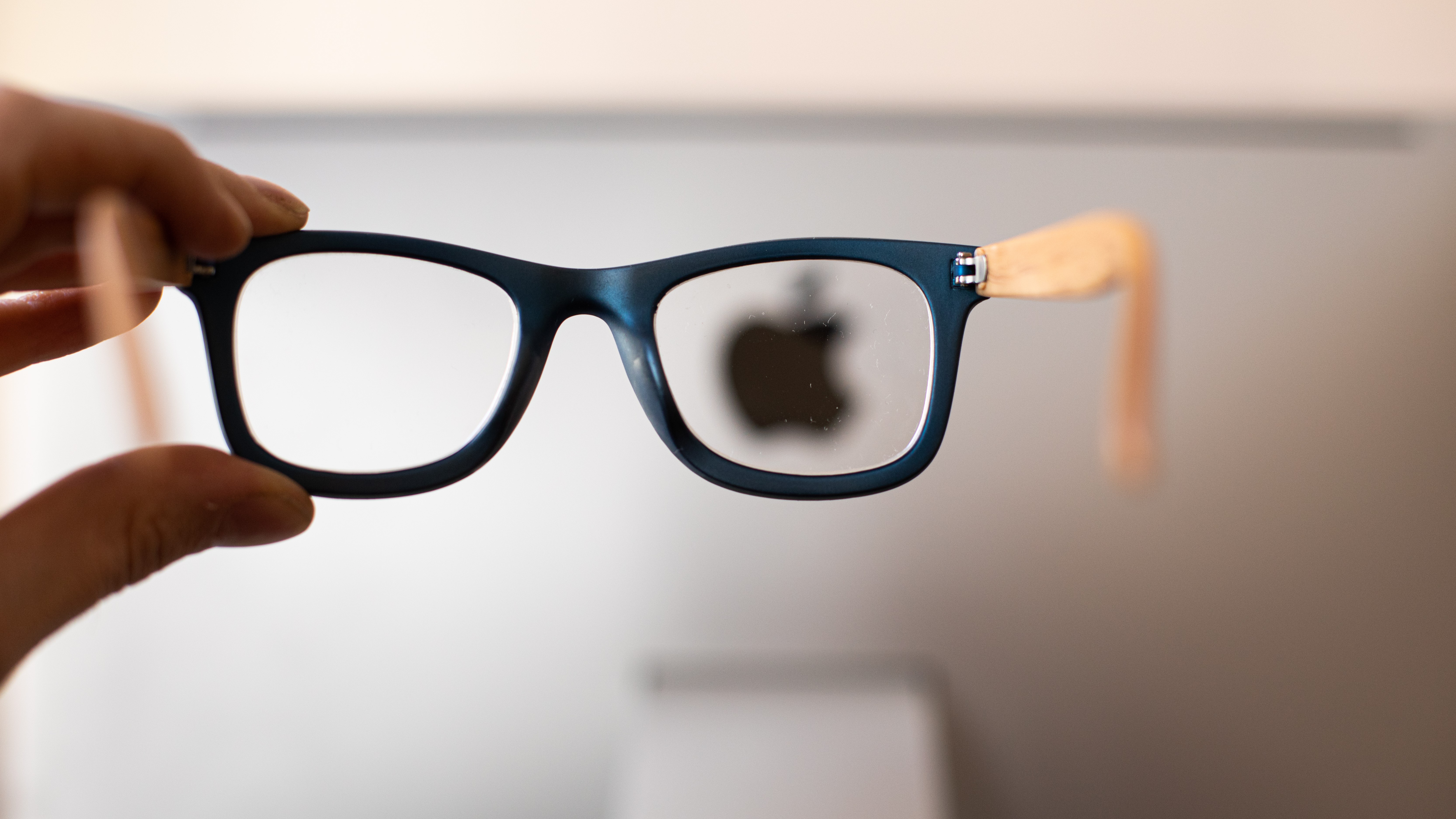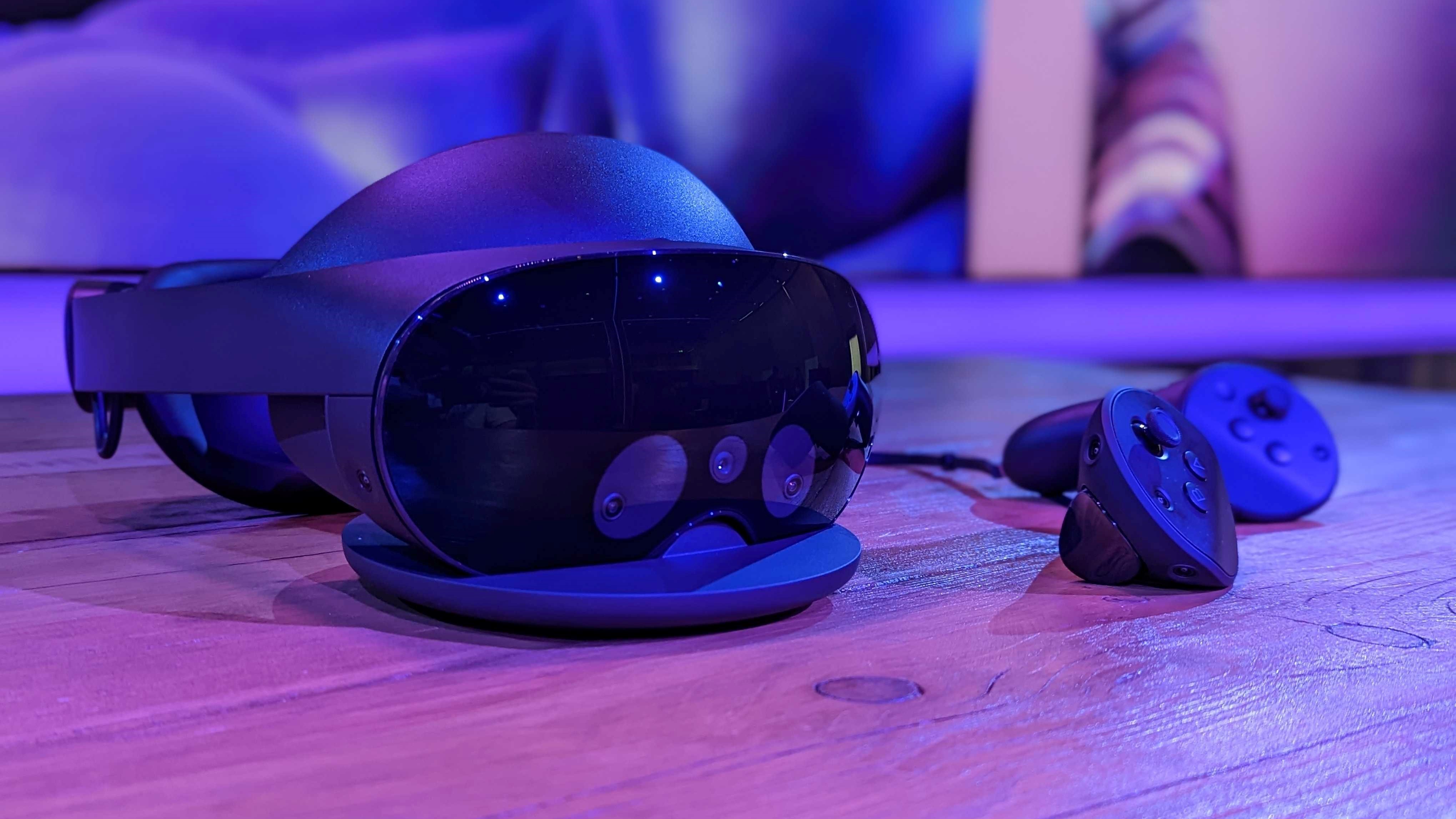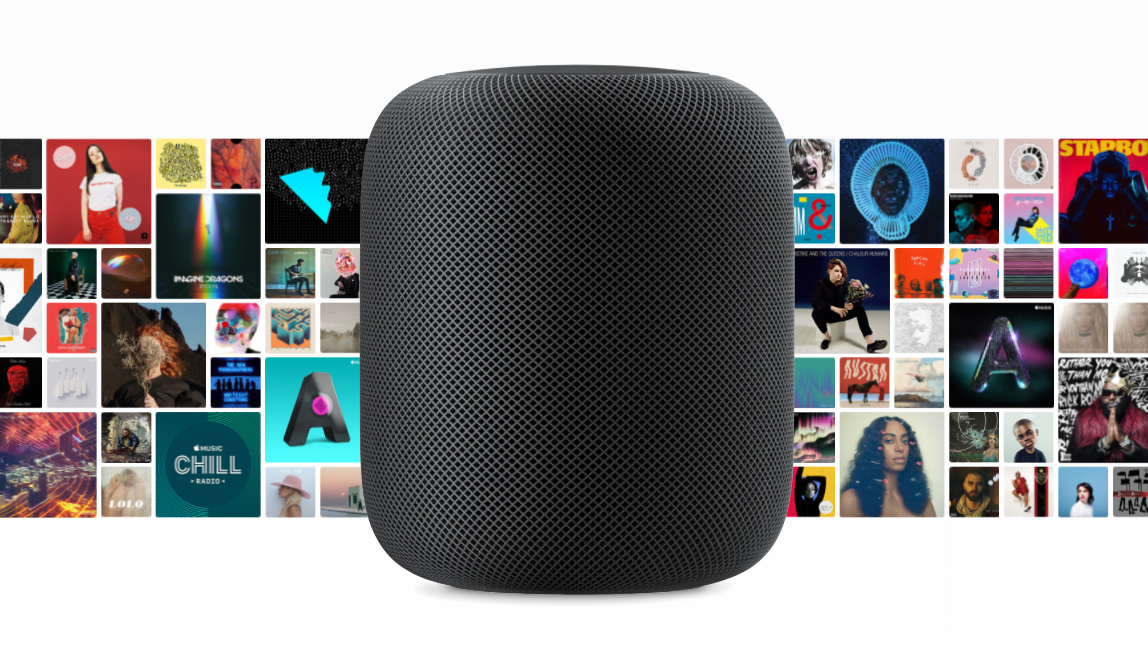Here's how Apple's XR headset could change the game in 2023
If Apple rumors are true, mixed reality won't be the same in 2023

Sign up for breaking news, reviews, opinion, top tech deals, and more.
You are now subscribed
Your newsletter sign-up was successful
Apple’s rumored entry into the mixed reality space looks all set to launch in 2023, and even though it's running late to the party I believe this long-awaited gadget could transform the VR and XR space.
While the California-based tech giant has yet to say anything official about its headset, numerous rumors and leaks tease an impending release of a mixed reality – MR or XR – device that’ll follow in the footsteps of the Meta Quest Pro. Apple is also supposedly working on a pair of AR Apple Glasses (akin to Google Glass – RIP) but those are expected to arrive in 2024, if not later.
Given Apple’s history, its Apple XR headset launch is likely to be a big one, not only for the company but for the wider VR and XR industry – assuming its upcoming gadget doesn’t flop that is.
Privacy is paramount
Apple isn’t always the first to introduce new features and tech, but when it does eventually catch up to the competition it delivers an incredibly optimized system. As such, I’m confident that Apple will produce an XR headset that exceeds our expectations – but making a technically impressive headset isn’t the only way Apple is likely to make a splash in 2023. I imagine it’ll make more of an impact with its approach to data privacy.
Mixed reality headsets require a lot of your personal and private data in order to function.

For starters, there are the device’s outward-facing cameras, which on most next-gen headsets record in full color at a high resolution. While you’re using the headset, these lenses are constantly ingesting what’s happening in the real world, working in conjunction with depth sensors and AI to create an accurate 3D map of the space around you. This map is used by the headset to help keep you safe in VR experiences (for example, warning you when you’re about to walk into something) but also by mixed reality experiences so that the virtual objects and creatures inhabit the world in a realistic way.
Additionally, many headsets are now introducing face and eye tracking. These technologies once again work to make VR and XR experiences more life-like. Your digital avatar can act way more expressively thanks to face tracking, and – as we saw with the PlayStation VR 2’s Horizon VR: Call of the Mountain demo – these tools can allow you to interact with NPCs more dynamically too.
Sign up for breaking news, reviews, opinion, top tech deals, and more.
However, these hardware upgrades don’t just offer benefits; they also have the potential to come with invasive drawbacks. The eye-tracking data could be used to work out what colors and shapes are most likely to grab your attention, while the images of your home would reveal a lot about your life and interests – valuable information for advertisers who want to sell you products.
Many XR brands (such as Meta and HTC) are already transparent about how they use your data, offer numerous privacy controls, and have pledged that your info won’t be misused, but Apple has a habit of going above and beyond – and making a song and dance of its efforts. I’ll be very surprised if comprehensive data privacy features aren’t a big part of Apple’s presentation and marketing for its XR headset; and by putting these topics front and center, Apple's foray into the VR headset world will hopefully encourage people to be better informed about how their headset data is used and handled. In turn, I wouldn’t be surprised to see rival XR companies improving their data privacy efforts further to encourage people to stick with their devices instead of making a switch to Apple.
Nevermind the metaverse
Another way that I expect Apple will change the game is by crafting VR, AR, and MR devices without caring too much about the metaverse.
I personally don’t believe the metaverse is a terrible idea – my own multiplayer VR experiences in addition to documentaries like We Met In VR have shown me how much potential the idea has – but too many brands are overpromising and under-delivering on it right now. Just look at Meta, a company that’s tried to run the metaverse before its avatars even have legs.
There are some truly amazing experiences on Meta’s Quest 2 and Quest Pro, but the Horizon Worlds metaverse currently isn’t one of them. That’s not to say it's terrible, but it’s easy to feel disappointed by the experience when you juxtapose it with Meta’s grand public promises for the space; it’s like playing the Spider-Man PlayStation 1 game that came out in 2000 after only being shown trailers for Marvel’s Spider-Man Remastered on the PlayStation 5 – we're on our way to greatness but still a long way off.

In contrast with Meta CEO Mark Zuckerberg, Apple CEO Tim Cook has said his company isn’t interested in talking about the metaverse. In an interview with Bright (a Dutch tech publication), Cook explained that the metaverse isn’t well defined saying, “I'm really not sure the average person can tell you what the metaverse is.”
Cook went on to say that VR in general does have its uses but added that “it's not a way to communicate properly.” With VR-mediated communication being one of the main features of the metaverse, it's probably safe to say that he isn’t the biggest fan of the idea.
Because Apple doesn’t appear as hyper-fixated on the metaverse as its rivals, I suspect we’ll see it innovate its XR tech in more unique and exciting ways. I hope it’ll make upgrades that offer more immediate and impressive benefits to users as opposed to taking minor steps toward a social experience that might be incredible sometime in the next 10 or 15 years.
Just like its privacy efforts, I predict that these outside-the-box technical improvements would likely be adopted by rivals too, helping the whole space to grow and develop and give us users a better overall experience whether we love the idea of the metaverse or not.
Failure is an option
Despite its many successes – and my excitement – Apple is by no means guaranteed success. It’s no stranger to the world of tech flops. While it’s known for its best iPhones, best iPads, and best MacBooks and Macs, it has also produced a range of gadgets that have faded into relative obscurity.
Most recently it had the HomePod – a late and forgettable entry into the smart speaker scene. It may have boasted amazing sound quality but the speaker failed to take the world by storm and was discontinued in 2021 when Apple decided to focus its attention on the newer HomePod mini. But considering the mini rarely gets even a name-drop at Apple conferences, you’d be forgiven for not realizing it exists. What's more, on December 20, 2022, I visited the Apple Store in Covent Garden and spent considerable time there perusing gadgets and accessories with my girlfriend, yet while I could describe the layout in pretty good detail, I have no clue where you could find a HomePod mini amongst the sea of tablets, smartphones, and smartwatches.
Apple’s XR headset runs the risk of following in HomePod’s footsteps. Just like the HomePod, it’s launching well after several rivals have released a range of budget-friendly and premium options, and potential customers have already been snatched up by these more established alternatives.

Based on rumors, Apple’s XR headset is expected to be pretty expensive too. While the price hasn’t yet been confirmed, various reports indicate that the Apple XR headset will cost somewhere in the region of $2,000 to $3,000 (£1650 to £2,500 / AU$3,000 to AU$ 4,500). This is much more expensive than the likes of Meta's Quest 2 and the Pico 4 (which come in models under $400), and would even be pricier than the $1,500 / £1,500 / AU$2,450 Meta Quest Pro. Even if Apple’s headset is impressive, it could shoot itself in the foot by making it too inaccessible.
We’ll have to wait and see how Apple approaches its XR headset launch, but even if it botches the landing I hope that the questions around privacy and whether the metaverse is the be-all and end-all will send ripples through the space that, at the very least, inspire rivals to consider their approach.
With 2023 also guaranteed to be the launch year for the Oculus Quest 3 the year will be a big one for VR and XR. As we find out more about all these exciting gadgets, you can be sure we’ll be ready to give you the low-down, so keep checking back regularly to make sure you’re on top of all the latest mixed reality news.

Hamish is a Senior Staff Writer for TechRadar and you’ll see his name appearing on articles across nearly every topic on the site from smart home deals to speaker reviews to graphics card news and everything in between. He uses his broad range of knowledge to help explain the latest gadgets and if they’re a must-buy or a fad fueled by hype. Though his specialty is writing about everything going on in the world of virtual reality and augmented reality.